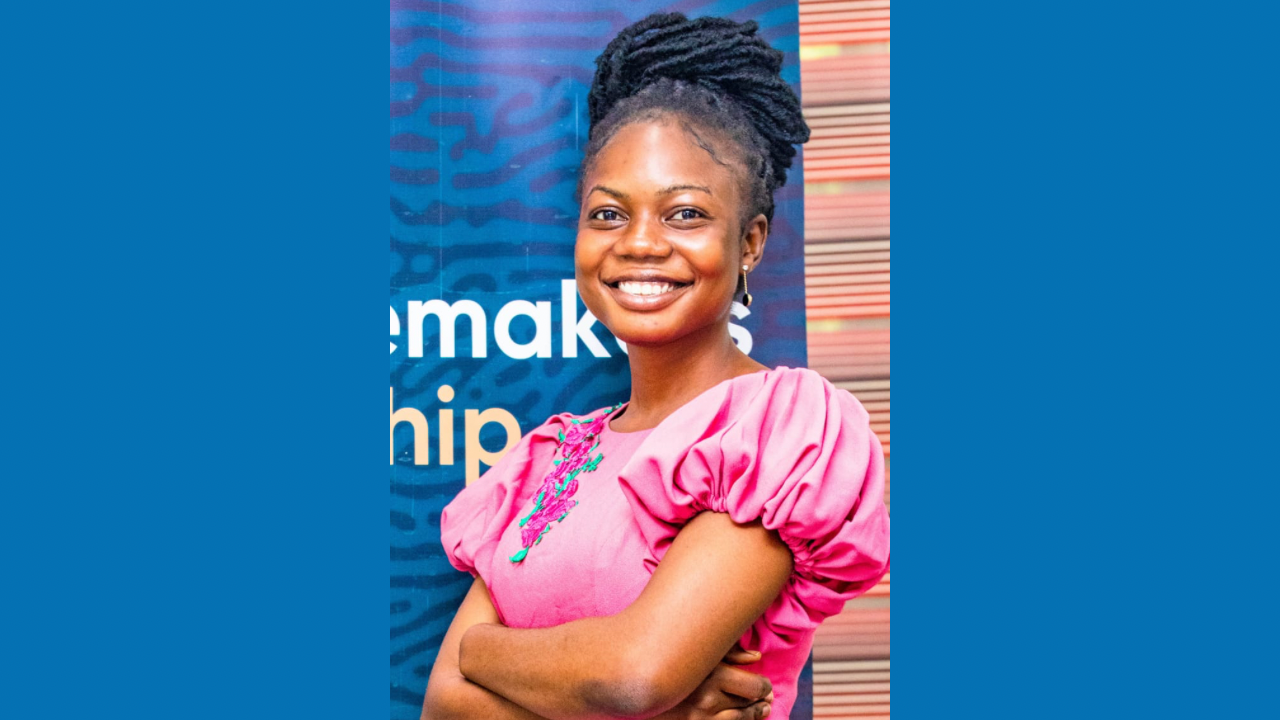In the world of Nigerian politics, the disappointing withdrawal of Uju Ken Ohanenye from the presidential race in June 2022 marked a setback for those hoping to witness a significant shift towards gender-inclusive governance. As the only woman among 23 aspirants, her decision to step aside in favor of Bola Tinubu left many disheartened, echoing a broader concern for the underrepresentation of women in Nigeria’s political landscape.
A similar narrative unfolded in Adamawa, where Aisha Binani’s bid for the position of the first elected female governor faced challenges. Viral misinformation fueled by gender biases heightened expectations, only to be met with the harsh reality of gender inequality in political leadership.
With women constituting half of Nigeria’s 210 million population, the stark underrepresentation in leadership positions remains a glaring issue. The aftermath of the 2023 national elections illustrated this imbalance, with only three female senators out of 109 and sixteen women among the 360 members of the House of Representatives. This gender gap ranks Nigeria’s women’s representation as the lowest globally.
In response to this troubling reality, Lolade Ipele, a female political scientist, emerged as a beacon of change. In the wake of the election outcomes, she founded the Breaking the Barriers Group, an advocacy initiative aimed at promoting active female participation in governance, leadership, and politics.
Lolade shared her motivation with Prime Progress, stating, “We have a shallow representation of women at the national and state levels, which is why I am passionate about advocating for women’s participation. Sensitizing and educating women about leadership patterns and the importance of governance is crucial.”
Breaking the Barriers Group focuses on advocating for girls’ positions starting from schools and local communities. Lolade emphasizes the importance of recognizing women’s unique perspectives and contributions to decision-making processes. She challenges the prevailing notion that leadership is exclusively reserved for men and urges the nation to embrace and support women in leadership positions.
The group, established in September 2023, has already conducted advocacy and small community outreaches in Abuja, utilizing social media as a tool to engage women. With grant support, Breaking the Barrier Project gained recognition, garnering attention and support for its efforts.
Despite the progress, Lolade envisions expanding the group’s initiatives. Plans include increasing the volunteer base from 15 volunteers across five states to many more, implementing physical projects in these states to break barriers within communities.
Acknowledging the reluctance of women at the grassroots level to engage in leadership training, Breaking the Barriers integrates entrepreneurship initiatives into its strategy for sustainable impact. Lolade stresses the importance of empowering women practically and eliminating stereotypes that limit their roles to traditional domestic responsibilities.
Looking forward, Lolade aims to extend her influence nationwide by forging partnerships and collaborations that support her vision of gender equality in governance. Breaking the Barriers has already trained over 300 women in entrepreneurship skills, providing certificates upon completion of the program.
Lolade’s personal aspirations align with her commitment to grassroots impact. In the next five to eight years, she envisions contesting for a councillor position in her state, emphasizing the essential understanding of and connection with the community.
“I am determined to establish connections and foster relationships beyond Nigeria, reaching communities worldwide. My ultimate goal is for Breaking Barriers to be acknowledged internationally for the positive changes we bring to society,” Lolade concluded.
In a nation grappling with gender disparities in governance, Breaking the Barriers stands as a testament to the transformative power of grassroots initiatives and the unwavering determination to shatter the glass ceiling for women in Nigerian politics.
The withdrawal of Uju Ken Ohanenye from the Nigerian presidential race in June 2022 symbolized the ongoing struggle for gender-inclusive governance, leaving Bola Tinubu as the chosen candidate and highlighting the low representation of women in politics. Similarly, Aisha Binani's campaign for the first female governor in Adamawa faced significant gender bias and misinformation. Women constitute half of Nigeria’s population but hold very few leadership positions, with only three female senators out of 109 and sixteen women in the House of Representatives out of 360 members after the 2023 elections.
In response, Lolade Ipele, a political scientist, founded the Breaking the Barriers Group in September 2023 to promote female participation in governance. The group aims to educate and sensitize women about leadership and governance, advocating for women’s contributions to decision-making processes starting from schools and local communities. Efforts include community outreach, advocacy, and integrating entrepreneurship initiatives to empower women.
Despite initial progress, Lolade plans to expand the group's initiatives, increase volunteers, and conduct physical projects to break community barriers. She aims to extend influence nationwide and internationally, training over 300 women in entrepreneurship. Lolade envisions running for a councillor position in her state within the next five to eight years, reinforcing her commitment to grassroots impact and international recognition for gender equality in governance.
Breaking the Barriers Group stands as a testament to the transformative power of grassroots initiatives and the unwavering determination to shatter the glass ceiling for women in Nigerian politics.






